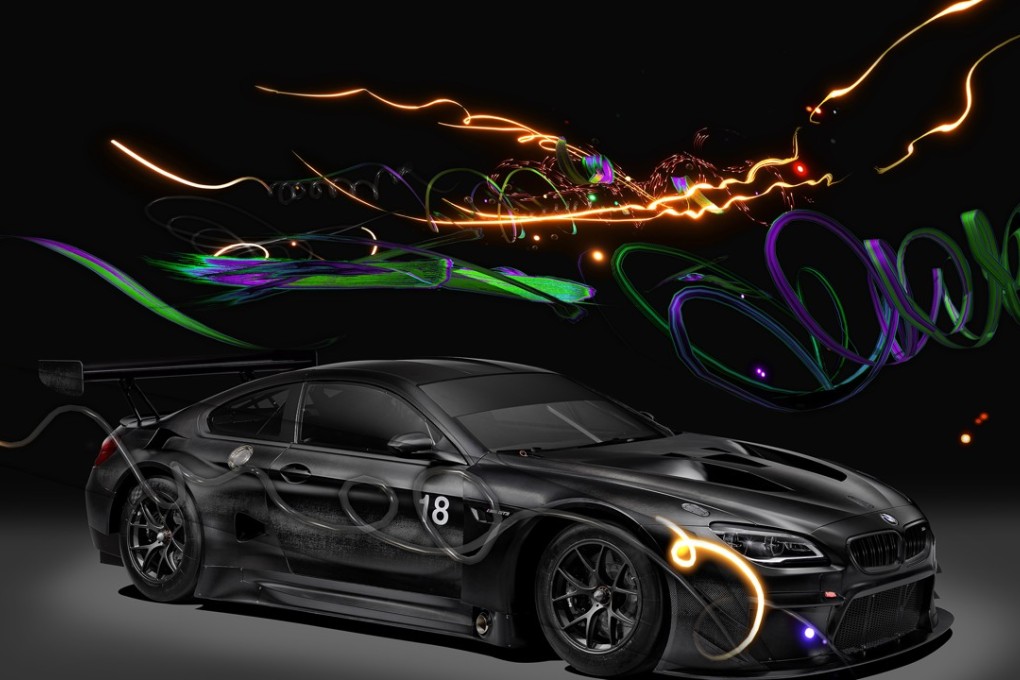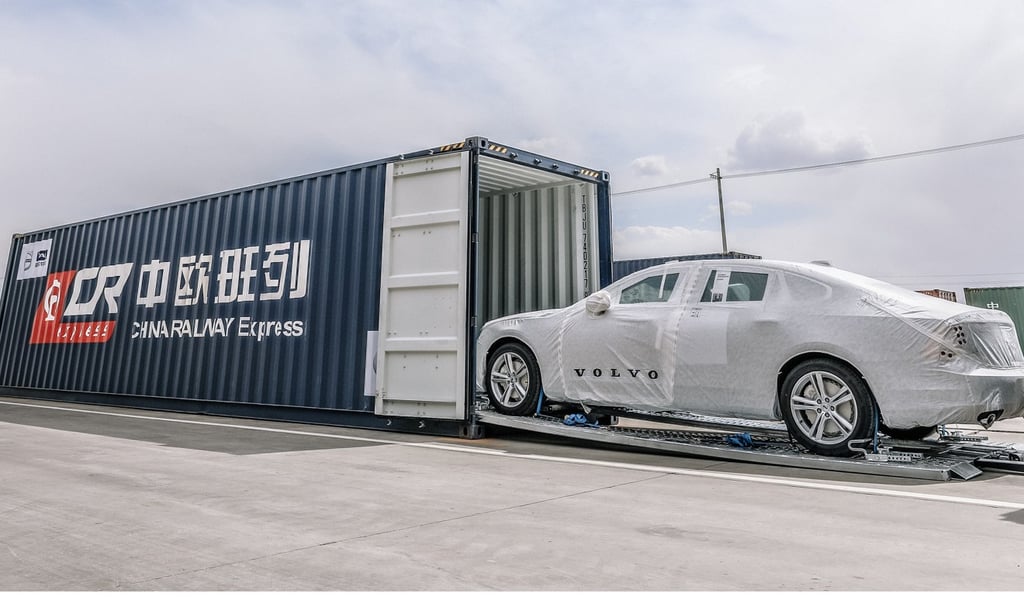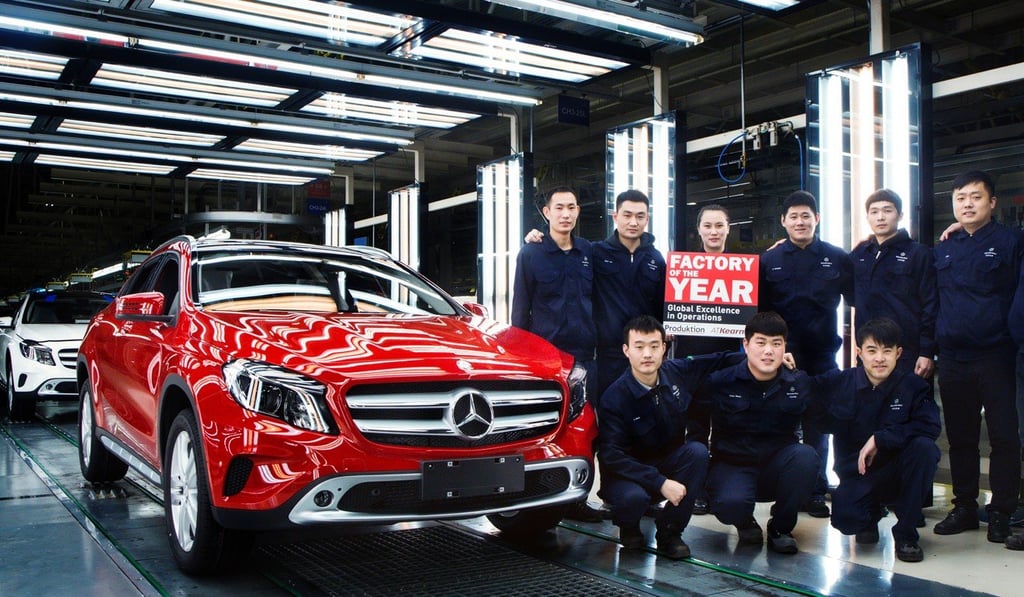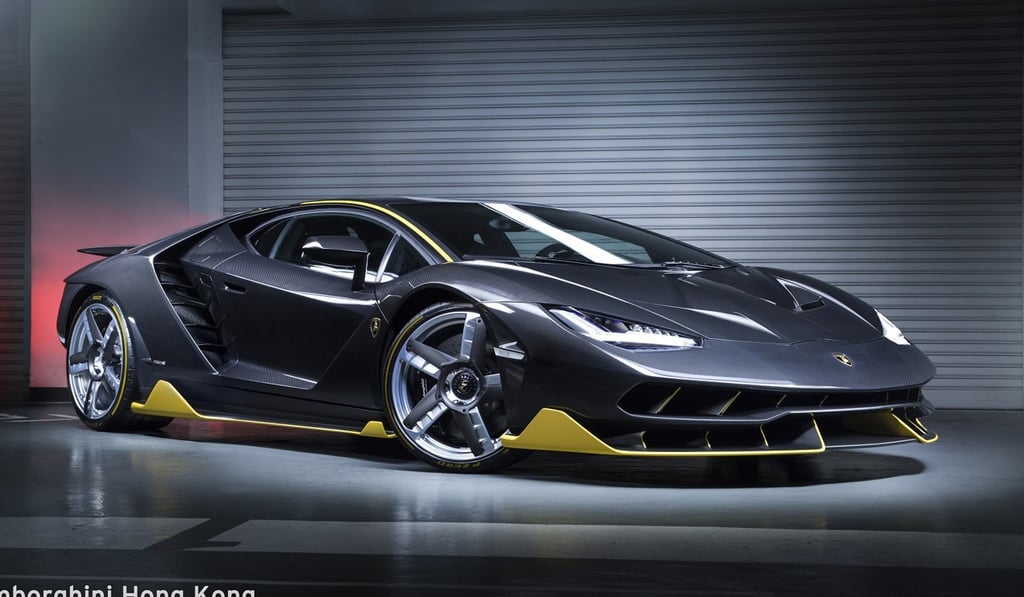Chinese artist Cao Fei’s BMW Art Car #18 revs for Macau as Volvo ships premium S90s to Belgium
Marque unveils artist’s M6 GT3 concept as Daimler, BAIC extend new-energy vehicle cooperation

Chinese multimedia artist Cao Fei, 39, is the youngest and first Chinese artist to create a BMW Art Car. BMW’s 19 Art Car artists since (a BMW 3.0 CSL in) 1975 have included Roy Lichtenstein, Andy Warhol, David Hockney, Jeff Koons and John Baldessari. Cao’s work, BMW Art Car #18, was unveiled at Beijing’s Minsheng Art Museum on May 31, and “addresses the future of mobility”, and “is a reflection on the speed of change in China, on tradition and future”, the artist says. The artist uses an M6 GT3, BMW Motorsport’s top customer racing model since 2016. Packed with a with 585hp, 4.4-litre V8 this under-1,300kg racer can top at about 280km/h via a six-speed sequential racing transmission, and it is expected to be raced in the November 17 to November 19 FIA GT World Cup round at the Macau Grand Prix. The car will also be displayed this month at Art Basel in Basel.

Volvo sent Daqing-built S90 saloons by rail to Zeebrugge, Belgium, last week, and became the first marque to export China-made cars to Europe under the “Belt and Road Initiative”. The cars were due to arrive in the Belgian port on May 31, in the same week as Premier Li Keqiang’s visit to the kingdom. Volvo has made high-end, export versions of its S90 premium saloon in Daqing since November. The rail link cuts the factory’s transport time “by two-thirds compared with the [sea] route”, and “the CO2 emissions per tonne-kilometre are reduced by a third”, the marque adds. The weekly Volvo-dedicated Daqing-Zeebrugge trains carry about 120 cars in special containers that hold three cars at different, space-saving angles.The Volvo train frequency is expected to increase “with growing volumes”.

Li also witnessed Daimler and its Chinese partner BAIC Group sign a framework agreement on “further strengthening their strategic collaboration through investments for new-energy vehicles in China”. The two-part agreement reveals Daimler first “intends to acquire a minority share in Beijing Electric Vehicle, a subsidiary of BAIC, with the purpose of strengthening strategic collaboration with BAIC in the [new-energy vehicle] sector”. Second, investment “will also be placed in the upgrade of the current production facilities at their joint venture, Beijing Benz Automotive, paving the way for the introduction of new-energy vehicle production”, the group says. Established in 2005, Beijing Benz makes C-Class, E-Class, GLA and GLC, as well as Mercedes-Benz four- and six-cylinder engines. Beijing Electric Vehicle was established in 2009 by BAIC and other shareholders, and now makes more than 10 electric vehicles in its EC, EH, EU, EV and EX series. German industry title Produktion in March named Beijing Benz’s plant its “Factory of the Year”.

